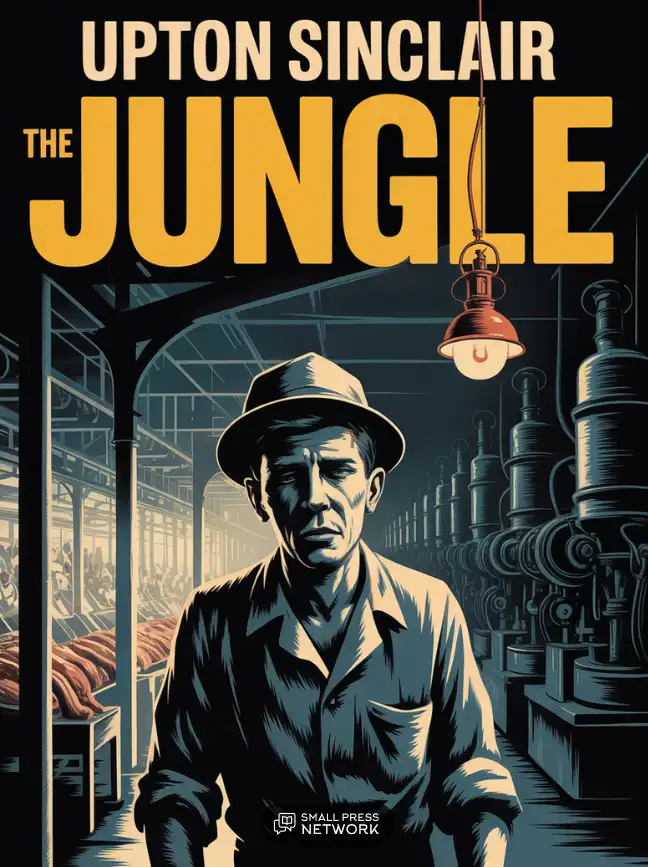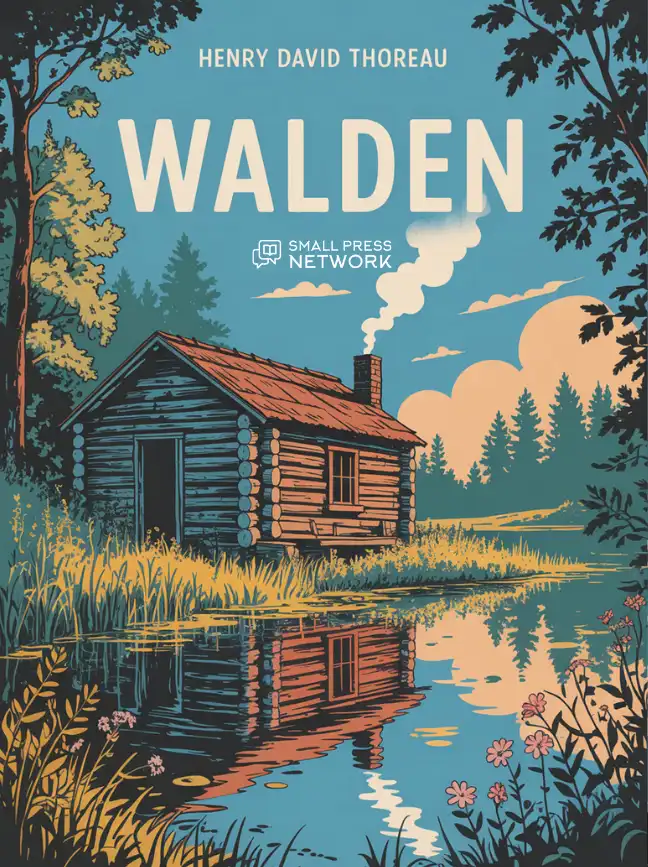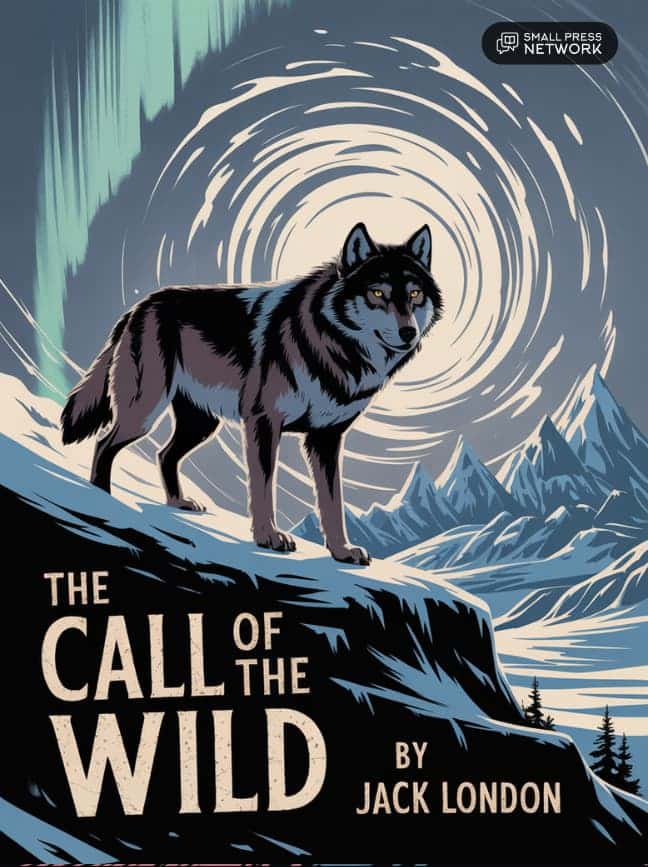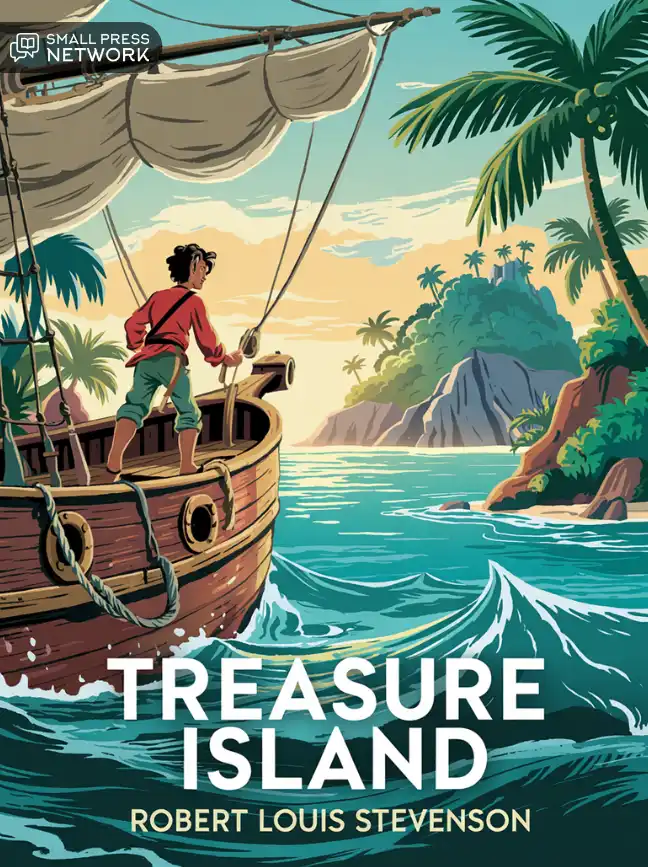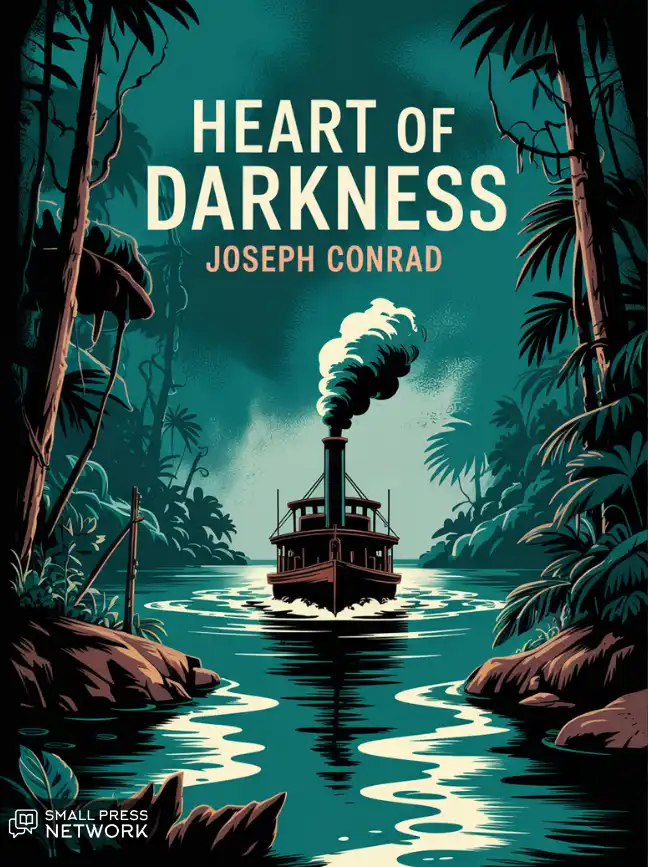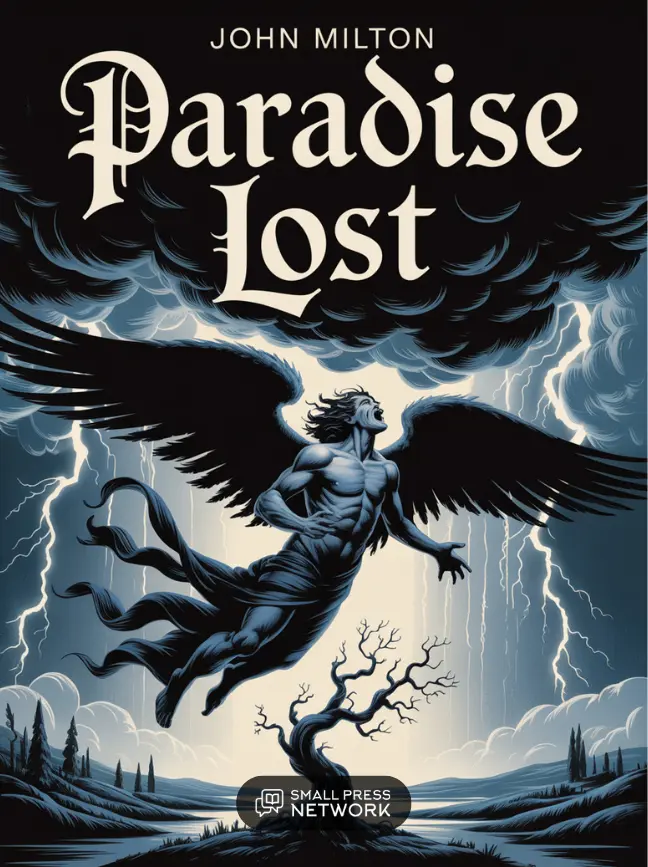The Jungle by Upton Sinclair is a powerful novel that exposes the harsh realities faced by immigrants and workers in early 20th-century America, particularly in the meatpacking industry of Chicago. The story follows Jurgis Rudkus, a Lithuanian immigrant who arrives in America with his family, full of hope for a better life. However, they are quickly overwhelmed by poverty, dangerous working conditions, and exploitation. Jurgis endures job loss, injury, and personal tragedies, revealing the brutal treatment of laborers and the unsanitary conditions in the meatpacking plants.
As Jurgis’s dreams of prosperity crumble, he is eventually introduced to socialism, which offers him a new sense of purpose and hope. Through his journey, Sinclair delivers a scathing critique of capitalism, corporate greed, and the failure of the American Dream. The Jungle sparked public outrage upon its release and led to reforms in food safety laws. It remains a landmark work of social protest literature, highlighting the need for justice, workers’ rights, and systemic change.

